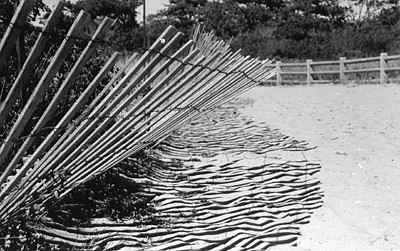All Nonfiction
- Bullying
- Books
- Academic
- Author Interviews
- Celebrity interviews
- College Articles
- College Essays
- Educator of the Year
- Heroes
- Interviews
- Memoir
- Personal Experience
- Sports
- Travel & Culture
All Opinions
- Bullying
- Current Events / Politics
- Discrimination
- Drugs / Alcohol / Smoking
- Entertainment / Celebrities
- Environment
- Love / Relationships
- Movies / Music / TV
- Pop Culture / Trends
- School / College
- Social Issues / Civics
- Spirituality / Religion
- Sports / Hobbies
All Hot Topics
- Bullying
- Community Service
- Environment
- Health
- Letters to the Editor
- Pride & Prejudice
- What Matters
- Back
Summer Guide
- Program Links
- Program Reviews
- Back
College Guide
- College Links
- College Reviews
- College Essays
- College Articles
- Back
The Blue House MAG
Imagine this: an old blue house sitting a few feet away from a boardwalk parallel to the beach. The sun is shining hot and bright and the air is salty. On the porch sits an older man in a white hat, sleeping. Inside, a little girl takes her afternoon nap.
Skip ahead a few hours and the same man is pushing a stroller down the boardwalk at night, pointing out all the shops and sea gulls to the little girl in the stroller. They stop for ice cream farther down the boardwalk.
The next day the little girl runs around on the shore in the cold water with her sisters, splashing and squealing in delight. When the man wades into the water with his white hat, the girls giggle as he is battered with waves. When he wades out the little girls cheer as he walks back to his beach chair. He soon leaves to start dinner back at the old blue house.
Skip ahead a few years; the little girl is maybe ten. The man comes to the beach less often, and doesn't leave his chair as much. Occasionally he takes a short walk down the beach. On the boardwalk, he walks slower than the girls as they run ahead, occasionally stopping to wait for him, excited to get their ice cream.
Skip ahead two or three years. The man is in a new house further from the beach. He goes to the beach for maybe an hour a day and spends the rest of his time at the house. He doesn't leave much except to maybe hear the band or get ice cream with the girls.
One last time, a year or two later, the man rides down to the beach with a heating pad and a breathing machine. He stays in his reclining chair in the living room most of the day watching the History Channel. He makes it to the beach once a week.
The girls runs a Father's Day race but the man isn't strong enough to watch. At night the girls push him on the boardwalk in his wheelchair, as he used to push them in a stroller to get ice cream and watch the band. The man with the strong arms sits in the wheelchair, skinny and frail. He and his wife leave early from their beach vacation. Before leaving, he gives the girls each a hug and tells them he loves him and he will see them back home.
Less than a week later, the man is in the hospital again, the cancer in his lungs worse. The girls' mother is there a lot, staying with him during the day. It is July fifth at noon when the girls get a call from their mother saying he isn't going to get better. Later that day, the girls get another call. He has passed. The man died with the thought of his last trip to the beach with his granddaughters

